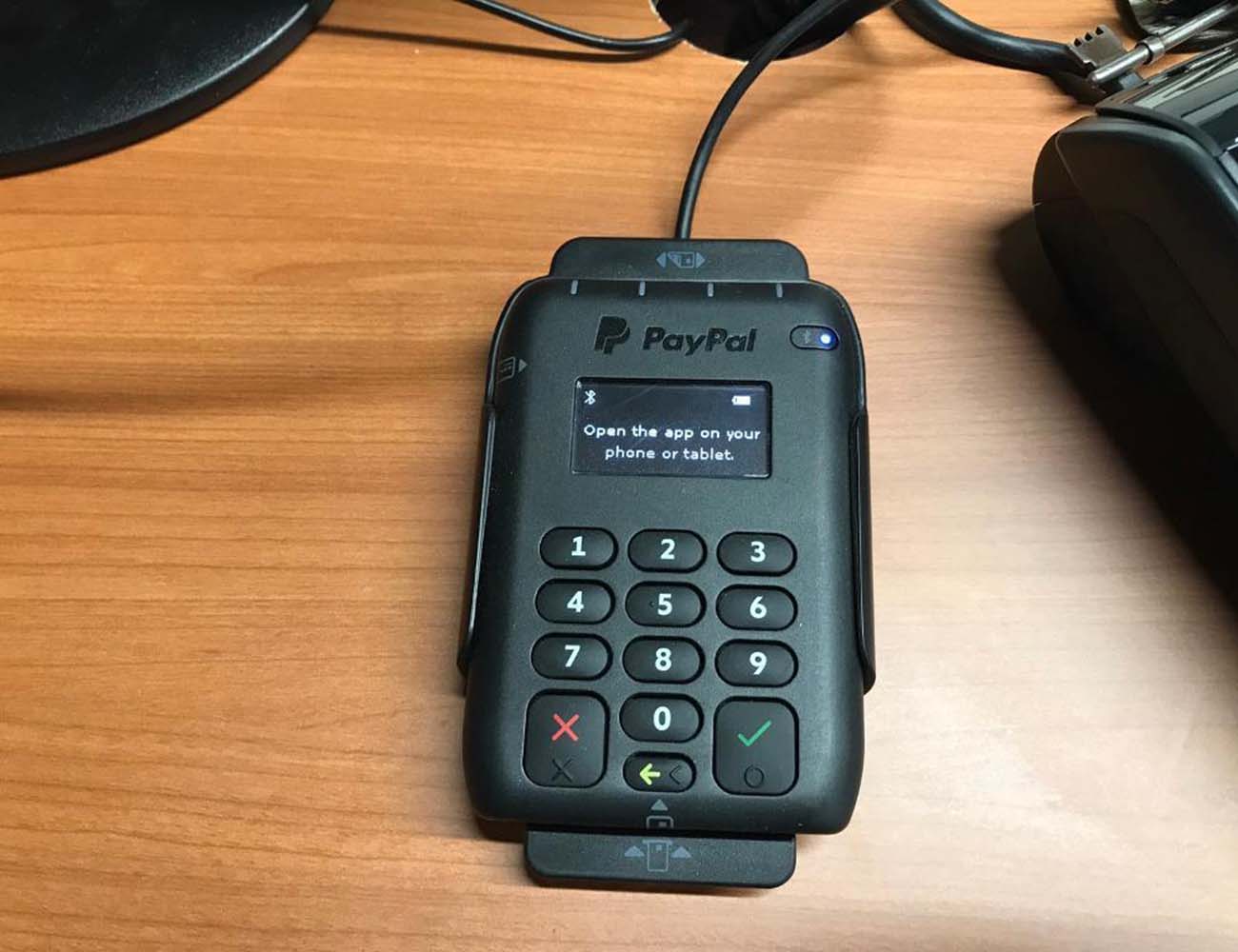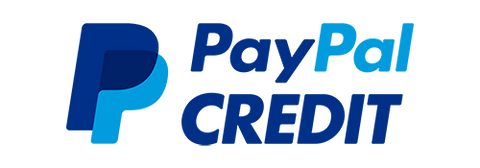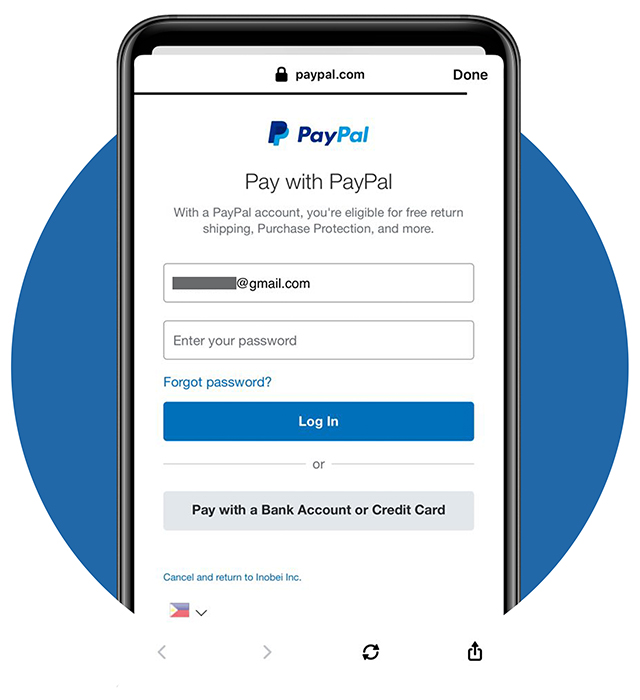

Sorting all that out can get complicated, as seen in IRS answers to common questions about the 1099-K rules that also explain how to describe certain transactions on your tax return. Incidentally, gains on the sale of personal property are taxable but losses aren't deductible.

The basic rules regarding the taxability of job income haven't changed.

You must report this and all other self-employment on your tax return, even if a 1099-K isn’t issued, Mills added. You would report the $1,000 in proceeds on your tax return but would note that the items were sold at a loss, meaning proceeds from the sale aren't taxable, said Peter Mills, senior manager for tax policy and advocacy at the AICPA.Ĭonversely, suppose you had a gig as a dog walker and received all $3,000 of your payments for the year through an electronic platform, which issued a 1099-K. You kept good records and can show that you had bought these items for $3,000, netting a (non-deductible) $2,000 loss. Suppose you sell some belongings in a garage sale, receive electronic payments totaling $1,000 then later receive a 1099-K. Tax rule postponed: IRS delays $600 1099-K tax reporting for Venmo, PayPal, CashApp and more How would other transactions get handled? That can pose more hassles, especially since the anticipated volume of new 1099-Ks could be in the “tens of millions," the service said. “Unless the account or payment is designated as personal, it will trigger a reporting requirement if the annual amount exceeds $600,” said the Taxpayer Advocate Service. If the person receives a 1099-K but doesn't list the amount on their tax return, it could create a mismatch with what was reported to the IRS, which then might order the person to pay more tax and possibly impose a penalty.Īccording to the Taxpayer Advocate Service, the IRS has stated that if taxpayers receive an erroneous 1099-K, they need to inform the third-party payment provider and convince it to issue a corrected one. Suppose a few friends regularly have meals together and one person pays the bill, after which the others send that person money through Venmo. Unlike job income, personal transactions aren’t taxable, but the IRS could flag them as such, upon receiving 1099-Ks from a third-party payer. Plus, many people pay other, personal expenses through these platforms. Lowering the threshold from $20,000 to $600 would substantially increase the number of 1099-Ks that need to be issued, creating more work for individuals, businesses and tax-return preparers. The delay reflected taxpayer confusion, lack of clear guidance from the IRS and concerns about the backlog of unprocessed tax returns, said the office of the Taxpayer Advocate Service, a watchdog group within the IRS.

Why did the IRS delay the $600 threshold? However, the IRS delayed rolling out the new rules for the 2022 tax year. But the American Rescue Plan Act of 2021 lowered the threshold to amounts over $600 and applied it to any number of transactions, meaning a lot more people are affected. Prior to 2022, the forms were required to be issued to taxpayers only if total payments for a recipient exceeded $20,000 in a year and the number of transactions for that person topped 200. This income is supposed to be reported on 1099-K forms, so the IRS and Congress decided to tighten the rules, with more focus on transactions made through third-party payment systems. What do the tougher reporting rules entail?įreelancers, gig workers and self-proprietors are supposed to report all of their job income and pay taxes on it, but non-compliance is a problem. Hence, the goal of the new rules: Prod more people to declare all of their income. Self-employed individuals and sole proprietors “represent the largest share of the individual underreporting tax gap,” the Government Accountability Office said. Households and businesses collectively pay only about 85% of the taxes they owe, with the difference known as the tax gap. It's no secret the government has run deficits for years, and the shortfall is projected to grow. The policies are designed to make sure that job income is reported more fully. The new rules were delayed for the 2022 tax year but will resume unless Congress or the IRS make further modifications. That means millions of taxpayers could face tougher income-reporting requirements on payments made through third-party platforms such as Venmo, PayPal or Cash App. The federal government needs to raise more money amid chronic deficits, so it's no wonder Congress and the IRS are putting gig jobs and other self-employment work under the microscope. Watch Video: Many could see tax refunds smaller than last year


 0 kommentar(er)
0 kommentar(er)
